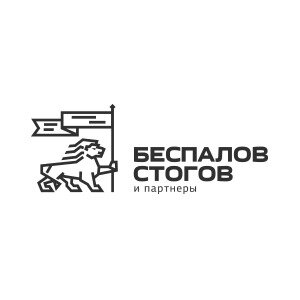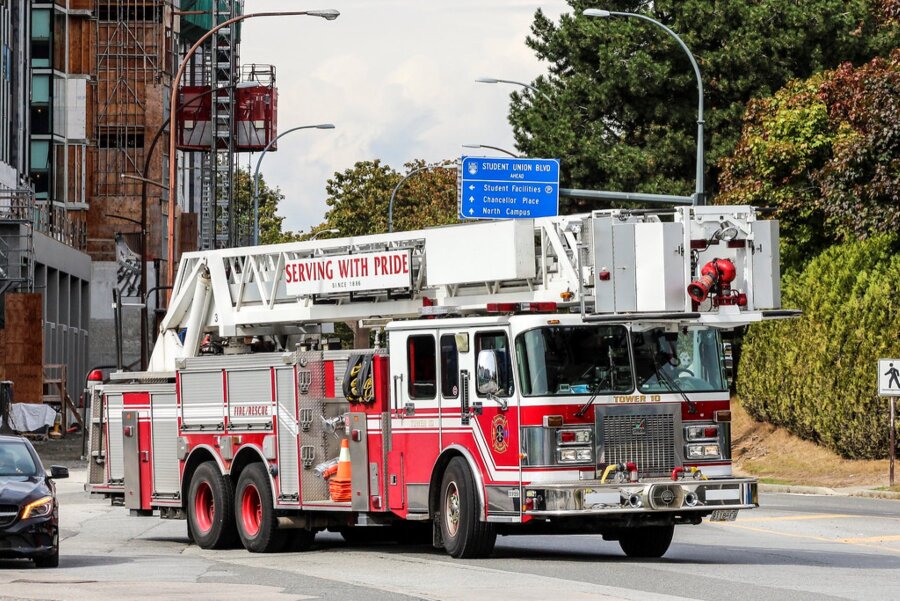
Best Probate Lawyers in St Petersburg
Share your needs with us, get contacted by law firms.
Free. Takes 2 min.
List of the best lawyers in St Petersburg, Russia


Khrenov and Partners

Marsovo Pole
About Probate Law in St Petersburg, Russia
Probate law in St Petersburg, Russia, involves the legal process of transferring the assets of a deceased person to their heirs or beneficiaries. It is a part of the Russian civil legal system that deals with issues such as will validation, estate administration, and distribution of the deceased's properties in accordance with their will or, if absent, the Russian Civil Code. The process is overseen by a notary or, in certain cases, by the court, and can involve complex legal proceedings, especially in cases of contested wills or interstate succession.
Why You May Need a Lawyer
There are several situations where hiring a lawyer experienced in probate law can be extremely beneficial. These include when there is a dispute among heirs or potential beneficiaries, if the deceased had significant debts that must be settled, if the will is being contested, or when the estate includes complex assets such as businesses or property in multiple jurisdictions. Additionally, an experienced lawyer can help navigate the intricacies of Russian tax law as it pertains to inheritance.
Local Laws Overview
Probate law in St Petersburg is governed by several key pieces of legislation, including the Civil Code of the Russian Federation and Federal Law No. 218-FZ "On State Registration of Real Estate". Inheritance laws dictate a mandatory heirship portion for close relatives, and estate distribution follows strict rules if there is no will present. The presence of a will does allow for more flexible distribution, but it must be authenticated by a notary. Another important aspect is the six-month period after death within which heirs must claim their inheritance, and the following six months within which the inheritance must be accepted.
Frequently Asked Questions
What is the period within which an heir must claim their inheritance?
In Russia, heirs have six months from the date of death of the deceased to express their intention to claim their inheritance. Following this claim, heirs have another six-month period to accept the inheritance formally.
What happens if there is no will?
If a person dies without a will (intestate), the Russian Civil Code provides a strict order of succession. Close relatives, including spouses, children, and parents, have priority, followed by more distant relatives.
How is a will authenticated in St Petersburg?
A will must be authenticated by a notary in Russia. The notary ensures that the will adheres to legal formalities and truly represents the intent of the deceased.
Can a will be contested in St Petersburg?
Yes, a will can be contested on various grounds, such as undue influence, incapacity of the testator, or issues with the will's execution. Contesting a will typically requires engaging a lawyer and going through a legal process in the courts.
Are there any inheritance taxes in Russia?
There are currently no inheritance taxes in Russia; however, legal advice is advisable to understand any potential tax implications related to the transfer of certain types of assets.
What role does a notary play in the probate process?
A notary plays a central role in administering the estate, including verifying the legitimacy of the will, overseeing the notification of heirs, and ensuring the proper distribution of assets.
What if an heir lives outside Russia?
An heir residing outside Russia can still claim and accept an inheritance but may need to grant a power of attorney to a representative in Russia or follow specific procedures outlined by the Russian consulate or embassy in their country of residence.
Is it necessary for all heirs to agree on the distribution of assets?
If there is a valid will, its provisions usually determine the distribution of assets. Without a will, heirs need to agree on the distribution or follow the statutory order of succession. Disputes may require legal intervention.
What happens to the debts of the deceased in Russia?
Any debts owed by the deceased are to be settled from the estate before the distribution of assets to the heirs. If the estate is insufficient to cover the debts, heirs may choose not to accept the inheritance to avoid personal liability.
Can an executor be appointed in Russia?
Russian law does not use the concept of an executor as is common in some other jurisdictions. Instead, the notary or the court supervises the probate process, and an administrator may be appointed to handle the estate's affairs.
Additional Resources
For those seeking further assistance with probate matters in St Petersburg, resources such as the Notary Chamber of St Petersburg and the Union of Notaries of Russia can provide guidance and support. Additionally, the Civil Registry Offices (ZAGS), the Ministry of Justice of the Russian Federation, and local legal clinics may offer helpful information.
Next Steps
If you require legal assistance in probate matters, the next steps would include consulting with a lawyer who specializes in probate law in St Petersburg to discuss the specifics of your case. It is advisable to gather all relevant documentation, such as the death certificate, the will (if applicable), and an inventory of assets and liabilities of the deceased. Establishing communication with a trusted legal professional can ease the probate process and help protect your rights as an heir or a beneficiary.
The information provided on this page is intended for informational purposes only and should not be construed as legal advice. While we strive to present accurate and up-to-date information, we cannot guarantee the accuracy, completeness, or currentness of the content. Laws and regulations can change frequently, and interpretations of the law can vary. Therefore, you should consult with qualified legal professionals for specific advice tailored to your situation. We disclaim all liability for actions you take or fail to take based on any content on this page. If you find any information to be incorrect or outdated, please contact us, and we will make efforts to rectify it.


